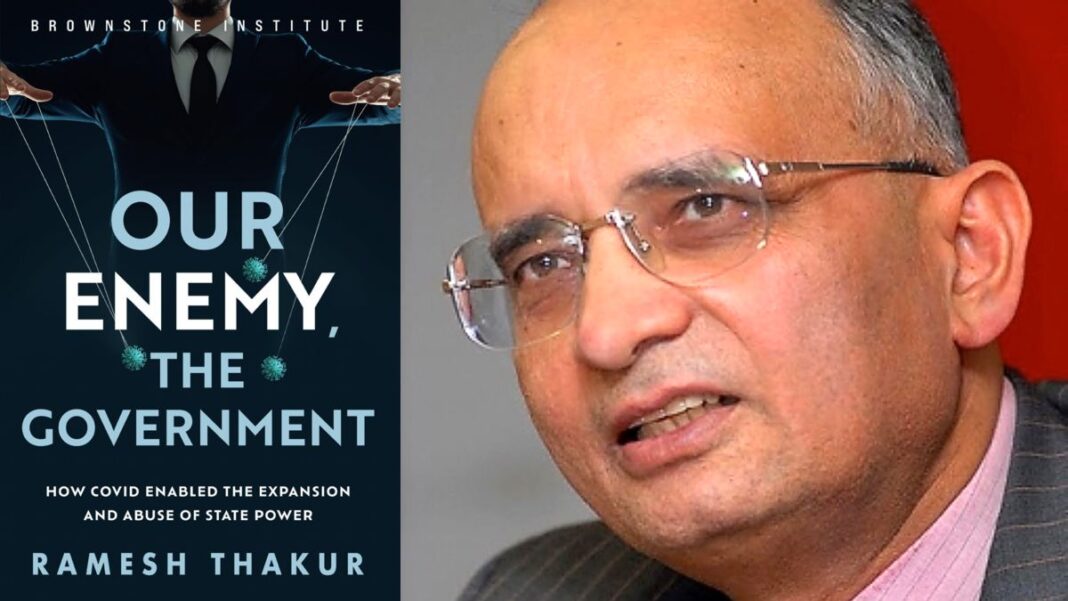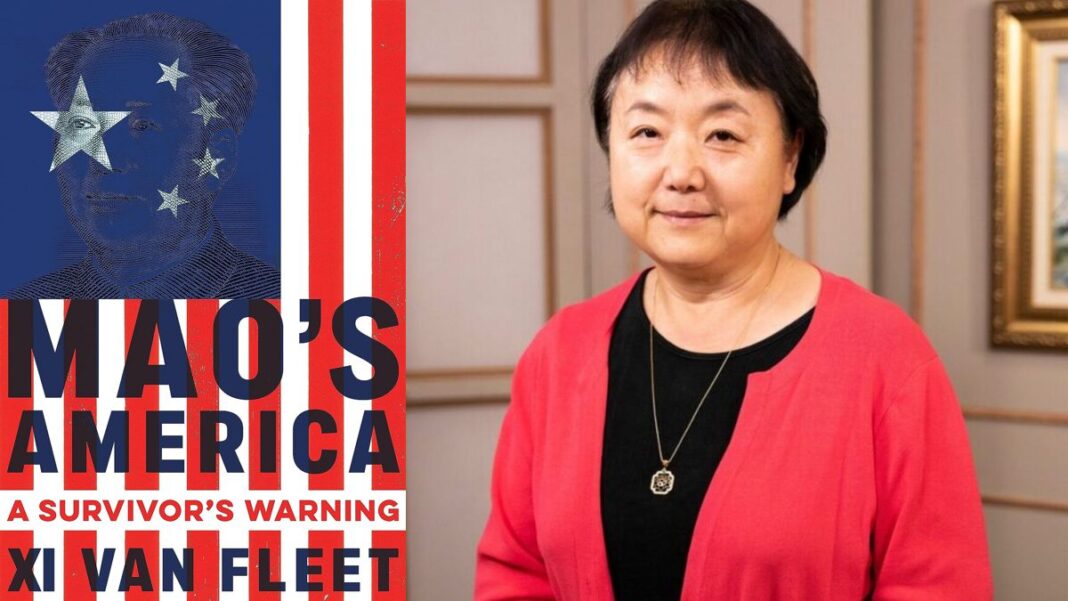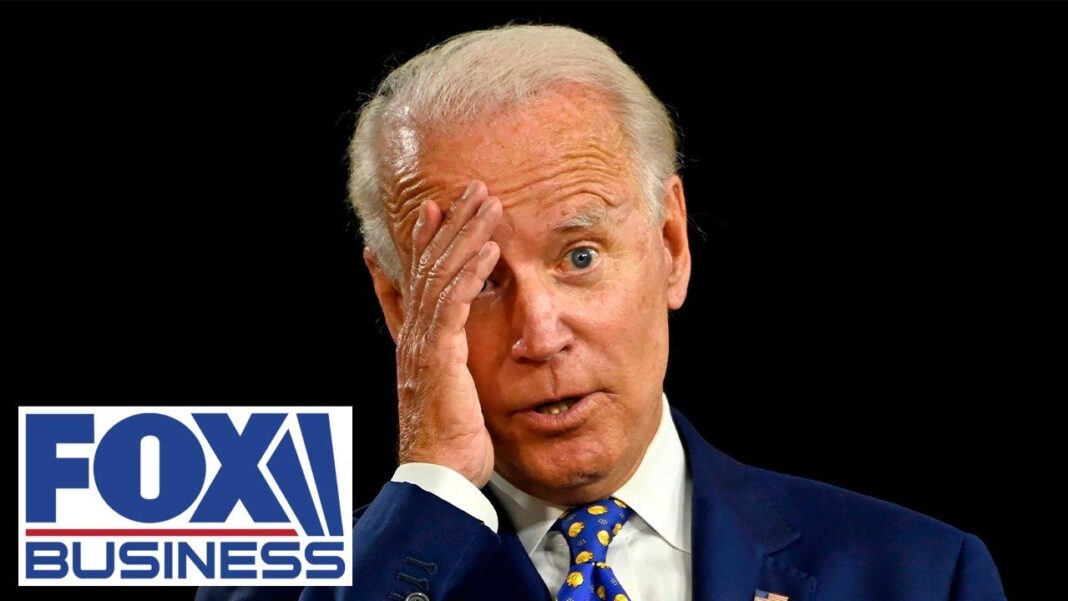Among the most shocking developments as the pandemic dragged on for more than two years was the degree of coercion and force used by some of the best known champions of democracy. The boundary between liberal democracy and draconian dictatorship proved to be virus thin. Tools of repression like unleashing heavily armed cops on peacefully protesting citizens, once the identifying traits of fascists, communists, and tin-pot despots, became uncomfortably familiar on the streets of Western democracies. Interventions rooted in panic, driven by political machinations, and using all the levers of state power to terrify citizens and muzzle critics in the end needlessly killed massive numbers of the most vulnerable, while putting the vast low-risk majority under house arrest. The benefits were questionable but the harms are increasingly obvious, revalidating Lord Acton’s dictum that power corrupts and absolute power corrupts absolutely.

“Prof. Ramesh Thakur has consistently championed the concept of the Responsibility to Protect (R2P). This principle underscores the obligation of both nations and the international community to safeguard populations from mass atrocities, encompassing genocide, war crimes, ethnic cleansing, and crimes against humanity.
This book is worth the attention of anyone who wants to understand how and why governments and the world’s health bureaucracies ignored the devastating harms and failures of the lockdown-focused policies they implemented during the covid pandemic.” – Jay Bhattacharya
“The emergence of Ramesh Thakur as a voice of reason during the last three years is one of the few good things to come out of the pandemic. I find it difficult to disagree with anything he says.” – Toby Young, Editor-in-Chief, The Daily Sceptic.
About the Author
Ramesh Thakur is Emeritus Professor in the Crawford School of Public Policy, The Australian National University, Senior Research Fellow, the Toda Peace Institute, and a Fellow of the Australian Institute of International Affairs. His last post was Director of the Centre for Nuclear Non-Proliferation and Disarmament at the ANU. He was formerly Senior Vice Rector of the United Nations University (and Assistant Secretary-General of the United Nations). Educated in India (BA Honours, University of Calcutta) and Canada (MA, PhD Queen’s University), he has held full-time academic appointments in Fiji, New Zealand, Canada, and Australia and been a consultant to the Australian, New Zealand and Norwegian governments on arms control, disarmament and international security issues. He was the Editor-in-Chief of Global Governance (2013–18).







